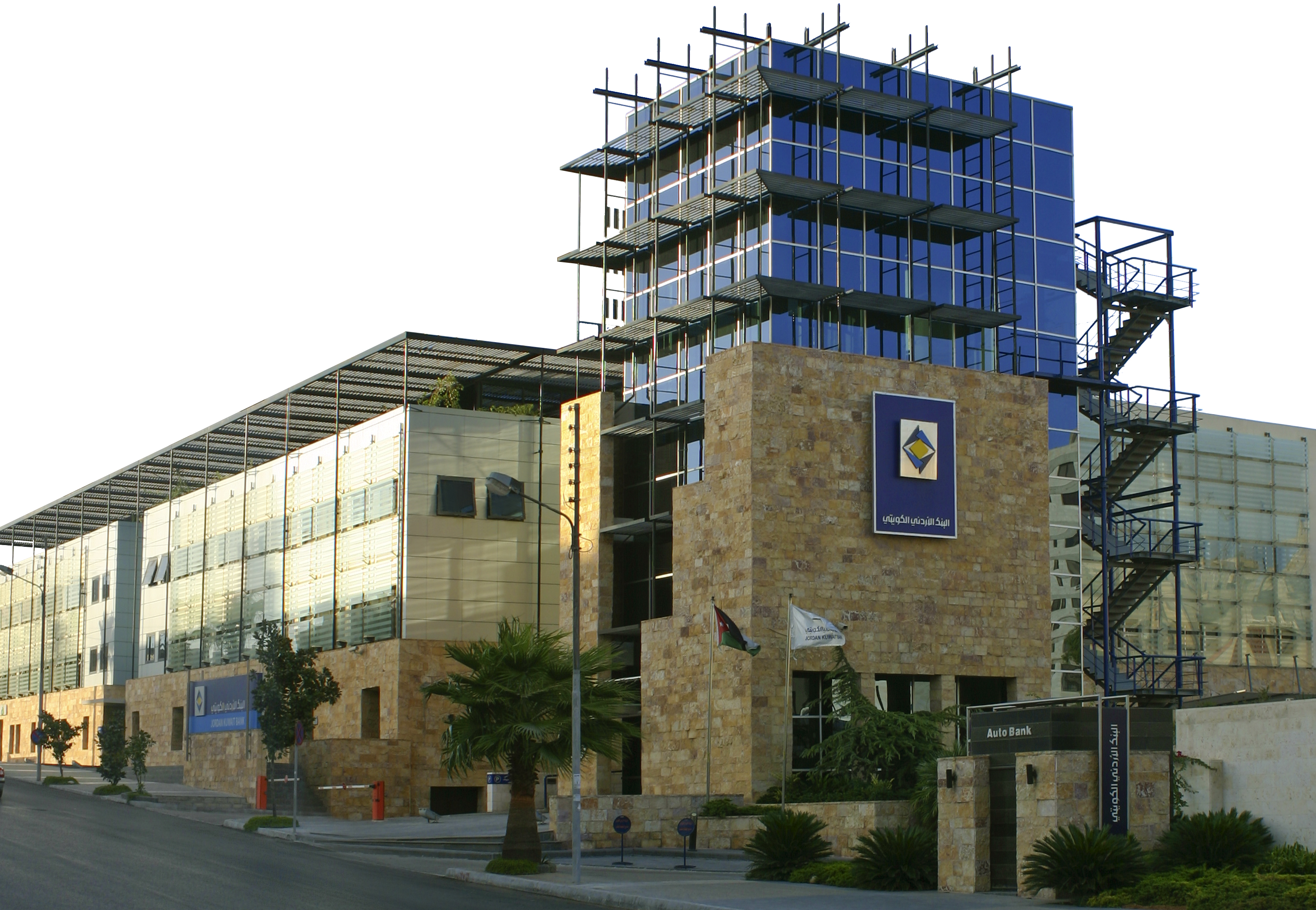Jordan Kuwait Bank (JKB) has announced the results of its consolidated financial statements for the fiscal year ending on 31 December 2022, reporting significantly higher net profits after tax that totalled JOD 18.7 million, compared to JOD 7.7 million at the end of 2021. Profits before tax amounted to JOD 27.3 million, compared to JOD 12.07 million in 2021, translating to an impressive growth rate of 127 percent.
These results demonstrate the solidity of JKB’s financial standing, particularly as total equity grew by 2.1 percent to reach around JOD 477.6 million at year-end, compared to JOD 467.7 million in 2021, while stockholder’s equity totalled JOD 475.9 million.
The Chairman of the Board of JKB, Mr. Nasser A. Lozi, underscored the bank’s pride at these results, noting that they constitute the initial return on the bank’s strategic plan for 2021-2025, which placed a clear focus on transformation, development, and growth. Lozi also noted that the meticulous and efficient implementation of the strategy enabled the bank to register impressive results across all key financial indicators, further strengthening its market position and financial standing.
These efforts further complemented the bank’s vision for ambitious expansion and its razor-sharp focus on diversifying revenue streams and expanding its presence into new territories in the Arab region, including Iraq and the United Arab Emirates (UAE). In January 2023, JKB successfully acquired an influential 51.79 percent stake in the Bank of Baghdad in Iraq, in addition to its ongoing efforts to acquire a stake in BHM Capital Financial Services — a private joint stock company listed in Dubai Financial Market (DFM) and regulated by the UAE Securities and Commodities Authority. After obtaining approvals by regulatory authorities, the bank intends to begin issuing first-tier additional capital bonds with a maximum value of JOD 85 million or its equivalent in US dollars.
During a meeting convened on 12 February, JKB’s Board of Directors recommended the dissemination of cash dividends to shareholders at 8 percent of the share’s nominal value, to be completed upon approval by the Central Bank of Jordan and the bank’s General Assembly.
“Jordan Kuwait Bank registered solid financial performance at the end of last year, with all business units achieving outstanding results,” commented Haethum Buttikhi, CEO of Jordan Kuwait Bank. “This can be seen clearly in JKB’s direct credit facilities portfolio, which totalled around JOD 2.1 billion at the end of the year, compared to JOD 1.8 billion in 2021 for a growth rate of 14.2 percent. This is a clear testament to the bank’s ability to grow its portfolio across various economic sectors, thus improving profitability and distributing risks.”
Buttikhi further noted that the bank's total assets grew by 18 percent at the end of the year to reach JOD 3.5 billion, compared to JOD 3 billion in 2021, while total customer deposits and cash margins totalled around JOD 2.5 billion, compared to 2 billion in 2021. He added that JKB maintained its precautionary approach throughout the year to account for potential weaknesses in certain accounts and the larger challenges impacting certain economic sectors. To that end, an amount of JOD 33.9 million was deducted from profits in 2022, compared to JOD 30.5 million in 2021. Additionally, the bank's management continued to closely monitor these accounts, with the ratio of non-performing loans decreasing to 6.54 percent, compared to 7.99 percent in 2021. At the same time, the loan coverage ratio increased to 77.22 percent, compared to 66.27 percent in 2021.
JKB also maintained its steadfast journey towards digital transformation, building on investments made in previous years to fully leverage atomate operations via robotic process automation (RPA) technology. This has further streamlined many of the routine tasks performed by staff, resulting in greater speed, efficiency, and accuracy. The bank’s internal workflow was also re-imagined and automated to further polish the customer experience in key areas such as loans, credit cards, opening new accounts, and accessing customer support. These changes have reduced the time needed to complete operations by an outstanding 70 percent.
Buttikhi concluded by re-affirming the bank’s commitment to maintaining this healthy growth streak through a documented and well-defined strategy, one that is focused on achieving stronger financials and measured growth while maintaining risk-aversion and adherence to regulatory requirements.
